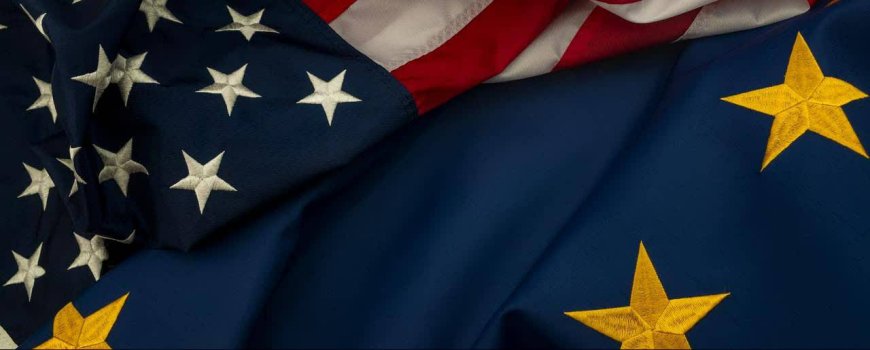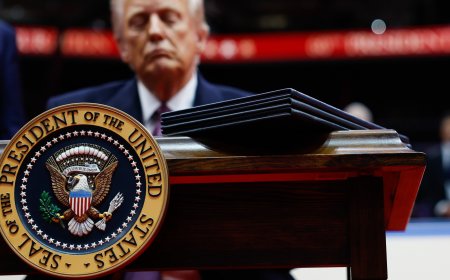The Fragile Future of the Transatlantic Alliance: Navigating Complications and Challenges
The post-World War II alliance between Europe and the United States, exemplified by the establishment of the North Atlantic Treaty Organization (NATO), was a strategically aligned relationship.

However, the question of whether these relationships can endure without complications has arisen among European and American analysts since the inauguration of President Trump in 2016. Under Trump's leadership, economic and political relations between the European Union and the United States grew strained and challenging. Trump referred to the EU as an "enemy" and criticized its leaders, such as Chancellor Merkel, while favoring warm relations with Hungarian President Viktor Orbán. He actively encouraged countries to separate from the EU and exerted efforts to weaken the Union. Furthermore, Trump refused to re-engage in the Transatlantic Trade and Investment Partnership (TTIP), a deal abandoned by his predecessor, President Obama. He even imposed tariffs on steel and aluminum imports from European allies. These actions directly impacted European businesses and instilled doubt about the future of transatlantic relations among European politicians.
With Biden's victory in the 2020 elections, Europe breathed a sigh of relief and hoped for improved relations with the United States. Biden acknowledged Europe as his most important partner in advancing US global plans. However, it is essential to acknowledge that Trump's performance has consequences for his successor. Like Trump, Biden prioritizes the US.
Although he halted the trade war with Europe and canceled tariffs by 2024, he entered into negotiations with the European side to secure more favorable terms. This has made Europe realize that it must establish a balanced relationship with major powers to avoid being the loser in this geopolitical competition.
China’s economic rise and its implications for both sides, as well as the ongoing conflict in Ukraine, have further brought these two powers closer together. Recognizing the significance of cooperation in managing the international system, the Biden administration has managed to regain some trust from Europe. This has facilitated economic and military cooperation and shared costs in dealing with China and supporting Ukraine, issues of mutual concern. These efforts have provided the necessary resources for domestic and foreign trade growth. Currently, the United States and Europe are striving to prioritize economic matters over political ones and enhance their relationship.
Agreements and agendas at various levels focus on the economy, advanced technology, supply chains, and related issues. By downplaying key geopolitical problems and emphasizing geo-economics, both sides have found success and acceptance. This short-term and temporary solution helps prevent escalating tensions. However, significant agreements in crucial cases remain pending and will be addressed in future meetings.
As the United States approaches its elections and its leaders focus more on domestic issues, Europe must prepare for the potential emergence of a leader like Trump, who could easily undo the progress of the past four years. Therefore, as the international system moves towards multipolarization, Europe may face challenges, particularly if it fails to strengthen itself in areas dependent on the United States. Europe understands that to remain an important and influential actor, it must possess the necessary tools and cannot rely solely on the United States for security.













































